
Supreme Court Bars Use of ‘People’s War’ in Government Documents
In a significant legal decision, Nepal’s Supreme Court has issued an interim order barring the use of the term “janayuddha” (people’s war) in official government documents, marking a setback for the Communist Party of Nepal (Maoist Centre) in its efforts to institutionalize the legacy of its decade-long insurgency.
The Constitutional Bench, led by Chief Justice Prakash Man Singh Raut, issued the ruling in response to a writ petition filed by Advocate Gyanendra Aran, a victim of the Maoist insurgency. Aran challenged the government’s inclusion of the term in official documents, arguing that it glorifies violence and undermines the spirit of Nepal’s Constitution.
The court stated that the term “people’s war” contradicts the Constitution’s preamble and Article 42(5), which uses the term “armed conflict” to describe the 1996–2006 Maoist insurgency. The ruling highlighted that during the drafting of the Constitution, the Maoist Centre’s proposal to incorporate the term “people’s war” was rejected by a majority of parties in the Constituent Assembly.
The interim order applies to both the federal government and the Madhesh provincial government, which had used the term in their fiscal budgets for 2024–25. The text of the court’s decision, made public on Thursday, emphasized the importance of maintaining neutrality in state documents to uphold constitutional values.
This is the second time in a year that the Supreme Court has ruled against attempts to institutionalize the Maoist narrative of the insurgency. In December 2023, the court annulled the government’s decision to declare Falgun 1 as a public holiday to commemorate the launch of the insurgency.
The decision to celebrate ‘People’s War Day’ had sparked controversy, with critics arguing it glorified a conflict that caused widespread loss of life and displacement. The rebellion, launched on February 13, 1996, concluded with the Comprehensive Peace Agreement on November 21, 2006, but its legacy remains deeply divisive.
The Maoist Centre has criticized the court’s ruling, calling it undemocratic. Janardan Sharma, the party’s deputy general secretary, took to social media to voice his dissent. “A ban is a mockery of democracy. The people’s war—you have been banned,” Sharma wrote on Facebook.
Despite the court’s decision, the Maoist Centre continues to commemorate Falgun 1 as People’s War Day. However, other political forces oppose formal recognition of the day, arguing that it glorifies conflict and undermines reconciliation efforts.
The Constitutional Bench will conduct a final hearing on the case before delivering its verdict. The ruling has reignited debates over how Nepal’s post-conflict history should be recorded and remembered in public and official discourse.
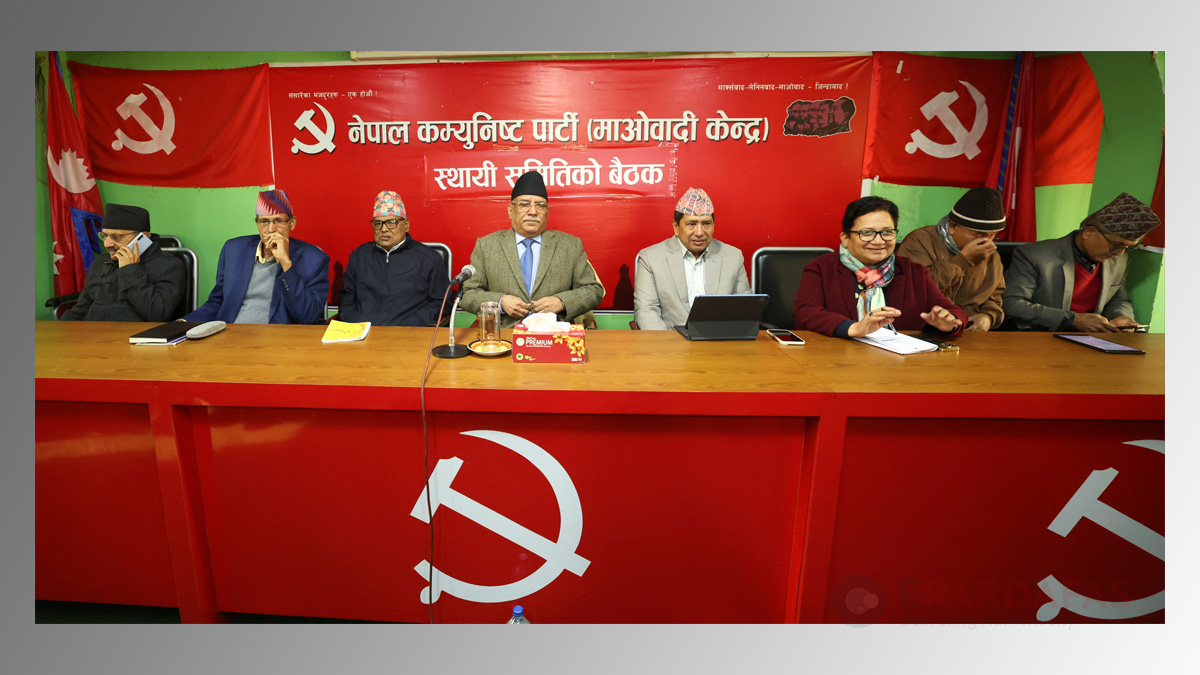
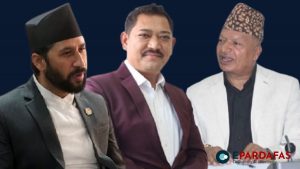
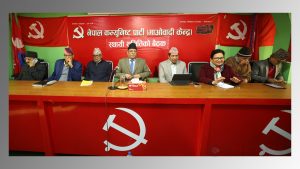



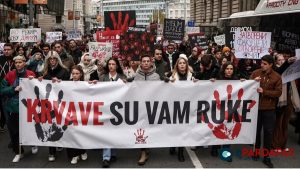




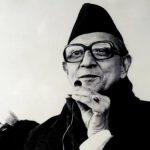

Comments